Buying Energy Efficient Windows? Include These Smart Upgrades
 26 May 2020
26 May 2020 
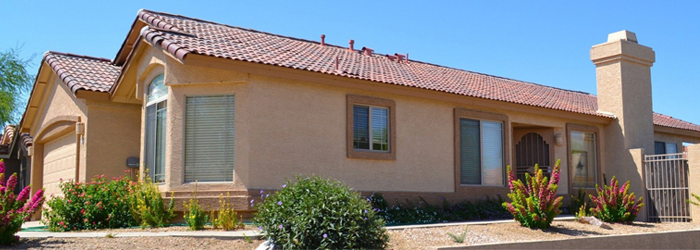
Is it Time to Consider Replacing Your Windows?
When the neighbor's barking dog sounds like it's standing next to your bed, windows are hard to open or close, dust on the furniture is a constant battle and you can feel warmth of the summer sun when you touch a window pane inside the house, it's time for window replacements in your home.
Design isn't the only consideration in a climate like Arizona. So how do you choose the best energy efficient windows with upgrades that are worth the investment, while remaining true to your budget?
Owner Sal Sucato of Rosie on the House Certified Partner DunRite Windows & Doors suggests that some upgrades are worth the investment, but there are a few that may not be necessary. "All window manufacturers use glass from the same sources in their product lines, but the proprietary films or coatings they layer on that glass can have a significant impact on the window's energy efficiency."
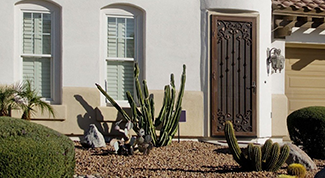 The window upgrades recommended the most by DunRite include low-e films and coatings, and gas insulation between window panes.
The window upgrades recommended the most by DunRite include low-e films and coatings, and gas insulation between window panes.
Low-e upgrades are very effective
"You can't go wrong choosing upgrades related to low-E (low emission). These help glass reflect heat of the sun so it doesn't enter the home, retain heat inside the home during the winter, and block UV rays that can harm furniture, art and window coverings."
Argon gas is smart
Argon or krypton gas between the window panes can also help energy efficiency. These invisible gasses provide a barrier of insulation that is far more effective than air alone. Double-pane windows with gas between those panes is a worthy spend you won't regret.
Look for the Energy Star® ratings
A rating system rather than an upgrade, Energy star windows meet strict energy-efficiency guidelines set by the U.S. Environmental Protection Agency and the U.S. Department of Energy. As a general rule of thumb, investing in windows that meet Energy Star requirements are more energy efficient than unrated windows, and worth the investment.
For those who appreciate technical details and want to understand ratings, Sal recommends using only reputable resources to understand Energy Star® ratings and product labels. He also suggests that any salesperson should be able to explain it in an understandable way, and provide Energy Star label information for any product being considered by the homeowner.
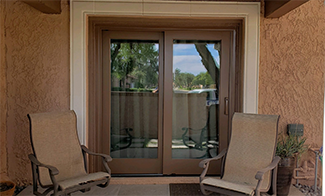
Moving on to upgrades that are unnecessary or perhaps not worth the investment, these next four upgrades are commonly offered at a sales appointment.
Avoid triple-pane windows
From an energy efficiency perspective, triple-pane windows often are not worth the extra money for those who live in Arizona. They're best for very cold climates. However, triple-pane windows can drastically reduce noise, so installing them on freeway-facing windows may be worth the investment.
Foam insulation upgrades have limited impact
Some manufacturers offer upgraded insulation, inserting foam inside of the window frame. But while it sounds impressive, it typically only adds 0.5% to the energy efficiency of the window. Translated into savings on a homeowner's energy bill, this upgrade won't pay for itself.
Tempered safety glass only where required by law
Like automotive glass, tempered safety glass crumbles, rather than splintering into shards. It's required on certain windows that are installed lower in a wall or next to a door, but paying for this upgrade on windows where it isn't required generally is not necessary.
By law, tempered glass is only required on windows within two feet of a door, or installed less than 18 inches from the ground. All doors have tempered or laminated safety glass.
Spacers between glass panes
Some manufacturers offer upgraded spacers intended to reduce condensation between panes, block heat flow or help energy efficiency, but we haven't seen much (if any) impact on ratings from these. We feel they aren't necessary, since window manufacturers already cover all seal issues under the warranty.
Other options not recommended
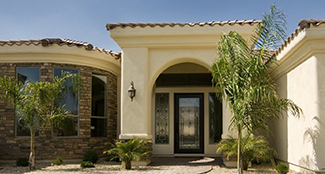
Not necessarily options related to energy efficiency, but worth a mention, DunRite also does not recommend the following upgrades, unless certain circumstances apply:
- Self-cleaning glass
- Upgraded screens
- Accidental glass breakage warranties
- Fiberglass-reinforced locking rails
Choosing a window replacement company
As you shop for windows, consider that energy efficiency isn't just about the upgrades. How the base product is manufactured matters, along with the specific materials used. For example, expensive upgrades on inferior or builder-grade product can add up to a less efficient window than a more reputable product without upgrades.
Instead, consider companies that deeply understands the industry, can compare multiple brands and product lines within those brands, and has enough experience to understand issues and things to avoid within certain products.
It is important to choose a reputable company. Sal shares the following tips to help you be a savvy shopper:
- Ensure they are licensed, bonded and free of complaints by checking the Arizona Registrar of Contractors website.
- It's important they do their own installation rather than outsourcing it to others. Even better if their installation crews are employees.
- Look for those who have been in business for at least 5 years.
- Check their reputation by asking for referrals, and take time to contact them.
- Check their rating with the Better Business Bureau.
- Glance over Yelp, Facebook and Google reviews.
For tips on how to buy replacement windows for your home and a free eBook with even more information, visit the DunRite website.
Sponsored by DunRite Windows & Doors
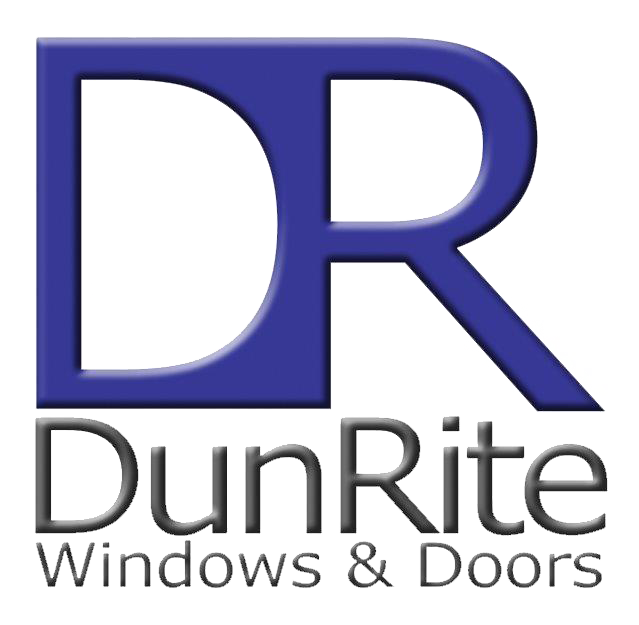 DunRite Windows & Doors is a locally owned and operated, family business in Scottsdale, with a solid reputation, incredible customer reviews and competitive pricing on top brands. Schedule a quote and ask for the Rosie on the House discount today!
DunRite Windows & Doors is a locally owned and operated, family business in Scottsdale, with a solid reputation, incredible customer reviews and competitive pricing on top brands. Schedule a quote and ask for the Rosie on the House discount today!
###
Photo Credits:
RELATED CONTENT:
- Resource: The National Fenestration Rating Council
- DIY FAQ: What Is Rosie's Ideal Window?
- DIY FAQ: Dual Pane Window Condensation
- DIY FAQ: Window Maintenance
- Blog: How Hard Is It To Install New Windows?
- Blog: Windows: What Terms You Need To Know Before You Shop
- Blog: Five Reasons Why You May Want New Windows
- Blog: Six Things You Need To Know About New Windows
- Podcast: What You Really Need to Remodel in Your New Home
Print this page
recent post
- Duck, Duck, Duct! How Often Should Ductwork Be Cleaned?
- Vinyl vs. Fiberglass Windows: Which Is The Better Choice Of Replacement Window?
- We May Be The Grand Canyon State, But The Rocky Mountains Are Important For Arizona
- Welcome to Arizona! Things A Newbie to Arizona Should Know
- The Pros & Cons of Buying A Flipped House
- Getting In On The Ground Floor
- Why It’s More Critical Than Ever To Get Your AC Serviced Before Summer
- The Reality of Remodeling
- What To Look For When Comparing Your Roofing Quotes
- What To Expect When Buying New Windows & Doors
